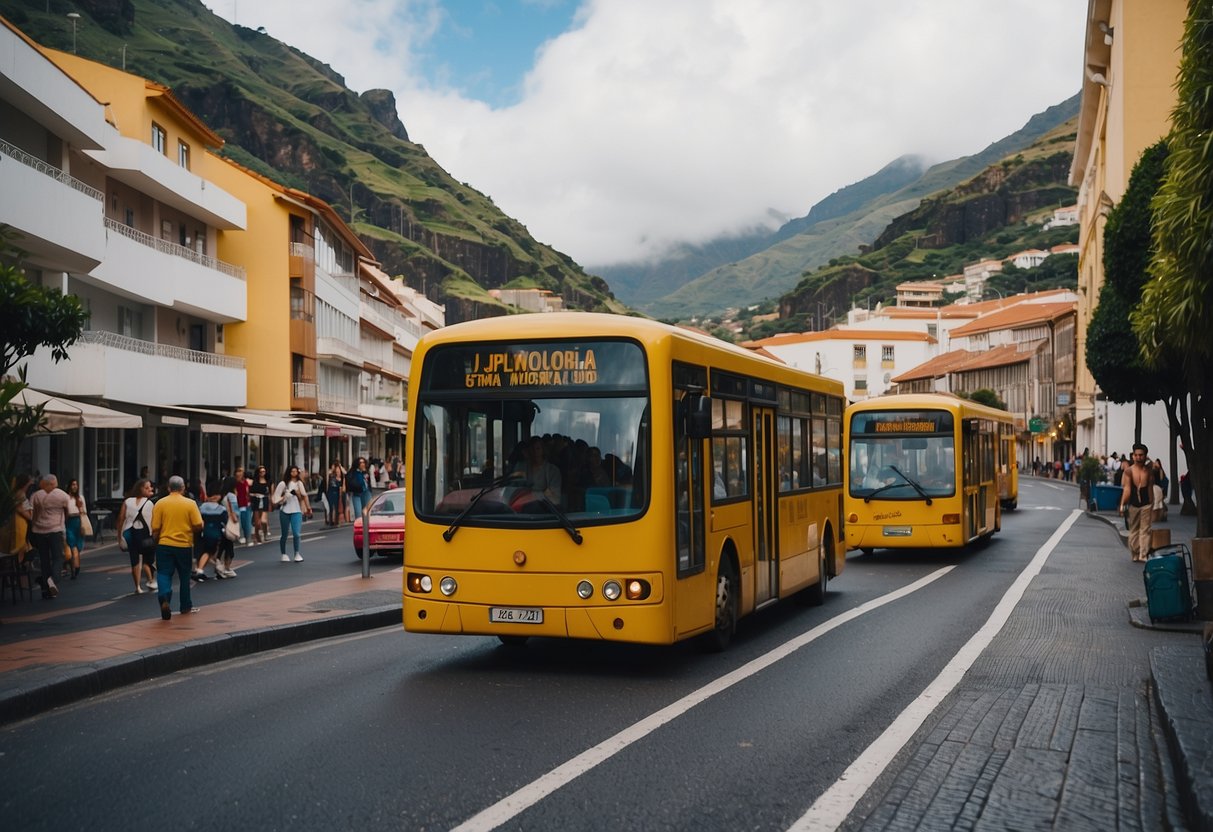Exploring Innovative Urban Mobility Solutions for Modern Cities
As urban populations surge and cities become more congested, innovative urban mobility solutions are becoming essential for sustainable living. This article dives deep into the various strategies and technologies that are shaping the future of transportation in metropolitan areas.

Introduction to Urban Mobility Solutions
Urban mobility solutions encompass a wide range of strategies and technologies designed to improve transportation efficiency and accessibility within cities. These solutions aim not only to reduce traffic congestion and pollution but also to enhance the overall quality of urban living.
What Are the Key Components of Urban Mobility Solutions?
Urban mobility solutions are multifaceted, combining several components such as public transit systems, micromobility options, and smart technology. Let’s delve deeper into these elements:
1. Public Transit Systems
Investment in reliable public transit options, like buses, subways, and trams, is paramount. Cities are re-evaluating their transit systems to include:
- Real-time tracking for improved reliability
- Increased frequency and coverage
- Integrated payment systems for ease of use
2. Micromobility Options
With the rise of electric scooters and bike-sharing programs, micromobility is gaining traction. These systems support short-distance travel, providing more options for last-mile connectivity:
- Electric bikes and scooters as an eco-friendly alternative
- Dockless systems that increase accessibility
- Mobile apps for easy access and payment
3. Smart Technology
Technology plays a critical role in optimizing urban mobility. Key solutions include:
- Apps for route planning that integrate multiple transport modes
- Real-time traffic updates and flow management
- Data collection for better urban planning and system improvements
What Challenges Do Urban Mobility Solutions Face?
Even with innovative solutions, urban mobility is fraught with challenges:
1. Infrastructure Constraints
Many cities operate on outdated infrastructure that struggles to accommodate new technologies and modes of transport. Upgrades can be capital-intensive and politically challenging.
2. Public Acceptance and Adoption
Implementing new urban mobility solutions requires public buy-in. Resistance can stem from discomfort with changing habits or skepticism about the benefits.
3. Regulatory Issues
Urban mobility solutions must navigate a complex web of regulations that can vary significantly from one city to another. This can slow down the implementation of effective solutions.
How Are Cities Innovating Urban Mobility Solutions?
Despite challenges, innovative city governments are adopting new strategies:
1. Integrated Transportation Models
Cities are increasingly adopting integrated transportation hubs, combining various modes of transport into a single location. This makes transitions smoother for users.
2. Traffic Management Systems
Intelligent traffic management systems use AI and IoT technologies to manage traffic flow dynamically, reducing congestion and improving efficiency.
3. Community Involvement
Engaging community stakeholders in planning helps ensure that solutions meet the needs of local populations. This collective approach fosters acceptance and enhances efficacy.
What Are Some Successful Urban Mobility Solutions Around the World?
Numerous cities exemplify successful urban mobility solutions, which can serve as models for others:
1. Singapore’s Smart Mobility System
Singapore has developed a comprehensive smart mobility framework that seamlessly integrates transportation modes and offers real-time data and analytics.
2. Amsterdam’s Bicycle-Friendly Infrastructure
Amsterdam is renowned for its extensive cycling paths and bike-sharing programs, demonstrating how investment in micromobility can reduce urban congestion.
3. Los Angeles’ Mobility as a Service (MaaS)
Los Angeles is working on a MaaS platform, integrating multiple transportation services into a single accessible app that simplifies planning and payment for users.
What Role Does Sustainability Play in Urban Mobility Solutions?
Sustainability is at the heart of many urban mobility solutions. Here’s how:
1. Reducing Carbon Footprint
By promoting the use of electric vehicles, public transit, and non-motorized transportation, cities can significantly reduce their carbon emissions.
2. Promoting Efficient Land Use
Urban mobility solutions support better land use planning, reducing urban sprawl and preserving green spaces.
3. Enhancing Quality of Life
Ultimately, sustainable urban mobility leads to cleaner air, less noise, and a more vibrant urban space, enhancing the overall quality of life for city residents.
Conclusion
Urban mobility solutions are not just about getting people from point A to point B; they represent a comprehensive approach to making cities smarter, cleaner, and more livable. By addressing challenges and leveraging new technologies, cities can pave the way for a more sustainable and efficient future.
New posts

The Rise of E-Mobility Start-Ups: Transforming the Future of Transportation
Electric Vehicles

Understanding the Percentage of Electric Cars in Norway: A Comprehensive Analysis
Sustainability

Exploring Electric Car Battery Swap Stations: A Revolutionary Solution for Sustainable Transportation
Electric Vehicles

BYD Seal: Unraveling the Future of Electric Mobility
Sustainability

Everything You Need to Know About NIO Registrations: A Comprehensive Guide
Sustainability

Exploring the Ford VW MEB Platform: A Deep Dive
Volkswagen

WordPress Password Hash Generator: Everything You Need to Know

Demystifying WordPress Email Settings

Hidden Text in Image: Techniques for Steganography and Data Security

Uncovering the Secrets: How to Detect Hidden Metadata in Images
Photography